Four tower cranes are now in operation at the site of a massive redevelopment project at Royal Columbian Hospital in New Westminster, one of the largest government-funded health care ventures in B.C.’s history.
Several buildings have been demolished. Excavation work has been completed for a two-level underground parking garage and concrete has been poured for the first few levels of a 10-storey acute care tower on the site.
The tower is being built on the north side of the hospital and will include 65,502 square metres of space, an emergency department, and room for 350 beds.
“It’s exciting to see construction proceeding quickly and the acute care tower starting to take shape,” says Sharat Chandra, chief project officer and executive director of the redevelopment project. “Once complete, the project will transform almost all aspects of the hospital and ensure that lifesaving services are available to people across the region now and in the future.
“At the same time, the project allows for improving the accessibility and transportation management around the campus.”
In mid-May, the first pour of concrete for the acute care tower took place. To date, there have been numerous concrete pours, including one in summer 2021 that involved bringing 400 concrete truckloads of material to the site.
The project is creating about 3,600 direct and 2,200 indirect jobs. During the peak construction period there will be as many as 700 construction workers onsite every day.
The new emergency department will have 75 treatment spaces. The redevelopment will also include more operating rooms, a larger maternity unit, and radiology and cardiac suites on a surgical and interventional superfloor. Flexible spaces will allow hospital leaders to use the area as needed in the event of an outbreak, emergency or other priority.
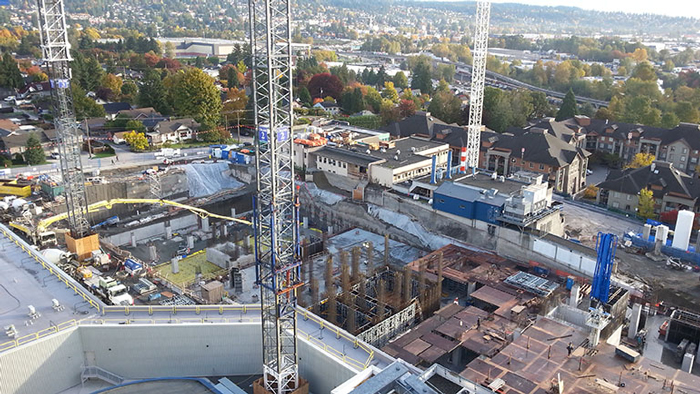
The complex will also have an ultrasound suite and CT scanner. This will allow patients to have a number of diagnostic procedures without needing to leave the emergency department.
The project is the second phase of a $1.5-billion redevelopment being done at the hospital, which is being funded by the provincial government, Fraser Health and Royal Columbian Hospital Foundation. EllisDon is the design-builder for phase two.
The first phase was completed in summer 2021. Work included the build of a 75-bed mental health and substance use centre which opened in summer 2020. Phase two began in 2020 and is expected to be completed in 2025.
A third phase of the project is projected to start in 2023 and will involve the upgrade and expansion of areas such as the pharmacy, laboratory, medical imaging, food services, administration offices and ambulatory care to support the beds and services of phase two. It will also include the expansion of pediatric and neonatal intensive care units, and conversion of some four-bed patient rooms into single or semi-private.
The redevelopment will include technology that enriches the patient experience and optimizes staff and physician efficiency. Space design will also focus on flexibility to allow for future medical technology and population needs.
Preliminary planning for phase three has already begun and the project will be completed in 2026. In January, Fraser Health signed a construction management agreement for the third phase of the project with EllisDon.
The entire redevelopment project will add about 50 per cent more beds to the hospital, increasing the number to 675 from 446. The cost for phase two and three account for approximately $1.24 billion of the project price tag.
The project has had its share of challenges. COVID-19 has added a layer of complexity and resulted in most of the design work being done remotely. The work is also taking place while the existing hospital is still in operation.
The project was separated into the three phases due to the complexity of the venture and to allow existing hospital operations.
“There is regular communication with hospital leadership and hospital staff and medical staff to ensure everyone is aware of any redevelopment project work that has an impact on hospital operations,” says Nick Eagland, communications consultant, public affairs at Fraser Health. “Work within the existing hospital is often scheduled after hours or on the weekends to minimize any disruptions.”
In the third phase of the project, contractors will use specialized project management techniques to allow for better phasing and sequencing of construction to minimize impacts to operations.
Dr. Victoria Lee, president and CEO of Fraser Health, says Royal Columbian Hospital is an integral part of the regional hospital network.
“The new acute care tower will build on the strengths of the past and include state-of-the-art technology that will help to ensure lifesaving services are available now and in the future,” she said.
Tom Corsie, a director with the Royal Columbian Hospital Foundation, said each step of construction is another welcome milestone in the hospital’s redevelopment.


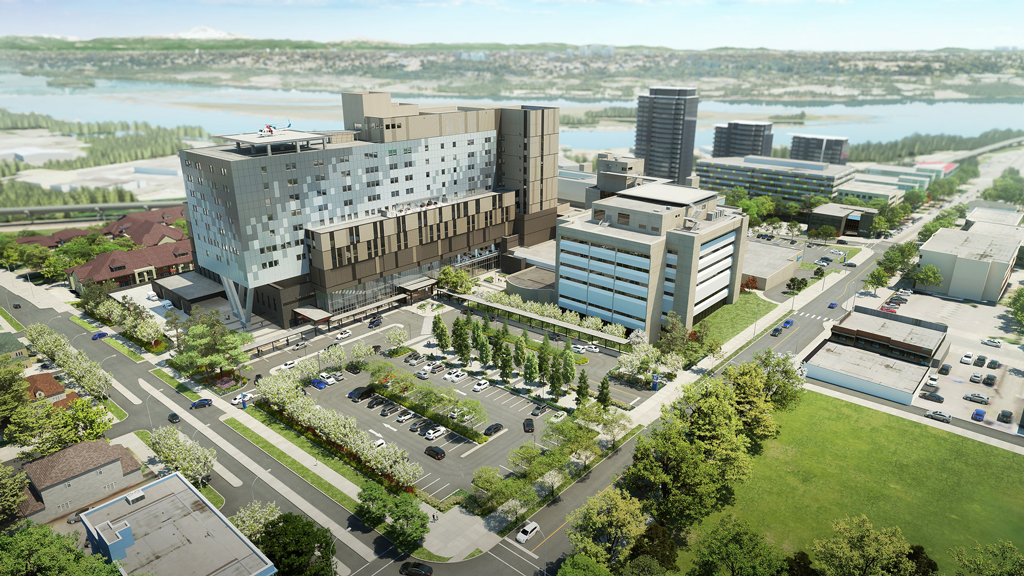
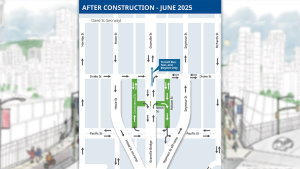


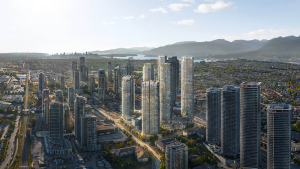
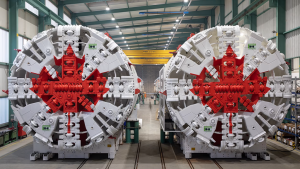
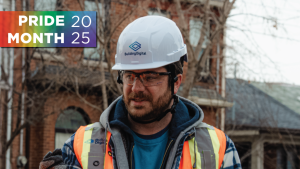
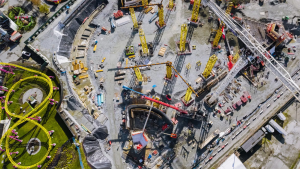

Recent Comments